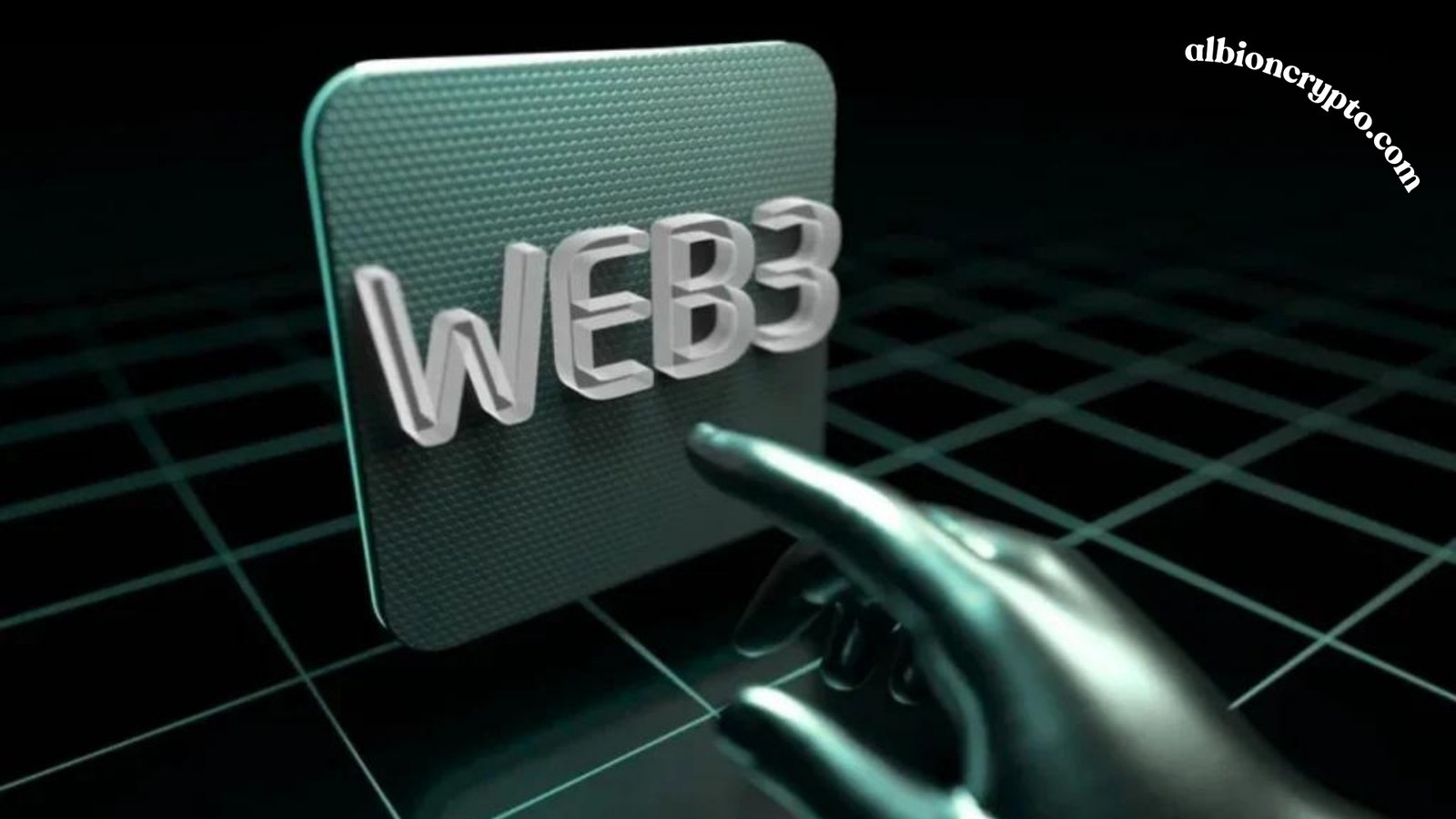In recent years, the concept of Web3 has rapidly gained traction, reshaping how we interact with the internet and paving the way for a new generation of startups. Unlike its predecessors, Web1, characterized by static web pages, and Web2, which introduced interactivity and user-generated content. Web3 is a decentralized iteration of the internet. It leverages blockchain technology to create a more secure, transparent, and user-centric online environment. Web3 startups are at the forefront of this revolution, building innovative solutions that challenge traditional business models and redefine them. How we think about digital assets, data ownership, and online collaboration.
The Rise of Web3 Startups
Web3 startups have emerged as critical players in the tech ecosystem, attracting significant attention from investors, developers, and early adopters. These startups are driven by the promise of decentralization, where power is distributed across a network rather than being concentrated in the hands of a few centralized entities. This shift is facilitated by blockchain technology, which enables the creation of decentralized applications (dApps) and smart contracts that operate autonomously without intermediaries.
One of the most notable areas of growth for Web3 startups is the decentralized finance (DeFi) sector. DeFi startups disrupt traditional financial systems by offering decentralized banking, lending, and trading alternatives. These platforms use blockchain technology to enable peer-to-peer transactions, removing the need for intermediaries such as banks or brokers. As a result, DeFi startups are democratizing access to financial services, particularly for those underserved by traditional institutions.
Another significant area of growth is non-fungible tokens (NFTs), which have gained widespread popularity as a representation of ownership of digital assets. Web3 startups focused on NFTs are creating new ways for artists, musicians, and content creators to monetize their work by selling unique digital items on blockchain-based marketplaces. This has led to a booming market for digital art, collectibles, and virtual real estate, with some NFTs selling for millions of dollars.
Critical Characteristics of Web3 Startups
Web3 startups differ from traditional startups in several vital ways. Firstly, they prioritize decentralization and aim to minimize reliance on centralized entities. This is achieved by building on blockchain networks such as Ethereum, Solana, and Polkadot, which provide the infrastructure for decentralized applications and services.
Secondly, Web3 startups often operate with a strong focus on community and open-source development. Many of these projects are governed by decentralized autonomous organizations (DAOs), where decision-making power is distributed among token holders rather than concentrated in the hands of a few founders or executives. This community-driven approach fosters greater transparency, accountability, and collaboration, as users have a direct stake in the project’s success.
Thirdly, Web3 startups are characterized by their emphasis on digital ownership and data sovereignty. In the Web2 era, users often relinquished data control to centralized platforms in exchange for free services. In contrast, Web3 startups aim to give users ownership of their data, allowing them to control how it is used and shared. This shift towards data sovereignty is particularly relevant in the context of privacy concerns and the growing demand for more secure online interactions.
Challenges Facing Web3 Startups
Despite their potential, Web3 startups face several challenges that must be addressed to achieve mainstream adoption. One of the primary challenges is scalability. Many blockchain networks, particularly those that use proof-of-work (PoW) consensus mechanisms like Bitcoin and Ethereum, struggle with scalability issues, which lead to slow transaction speeds and high fees. This has prompted the development of layer-2 solutions and alternative consensus mechanisms, such as proof-of-stake (PoS), to improve scalability and reduce costs.
Another challenge is regulatory uncertainty. Web3 startups’ decentralized nature often puts them at odds with existing regulatory frameworks designed to oversee centralized entities. This has led to a complex and evolving legal landscape, with regulators grappling to define how blockchain-based assets and services should be treated under the law. For example, classifying cryptocurrencies as securities or commodities remains contentious, with significant implications for Web3 startups operating in the financial sector.
Moreover, the user experience (UX) in Web3 applications is still a barrier to entry for many people. At the same time, early adopters and tech-savvy users may be comfortable navigating the complexities of blockchain technology. The average user may find it challenging to interact with decentralized applications. Issues such as managing private keys, understanding gas fees, and navigating complex interfaces can be daunting for newcomers. As a result, Web3 startups need to prioritize UX design and education to make their platforms more accessible to a broader audience.
The Future of Web3 Startups
The future of Web3 startups is promising, with several trends likely to shape the landscape in the coming years. One of the most significant trends is the continued integration of Web3 technologies into existing industries. For example, traditional financial institutions are beginning to explore. The potential of DeFi, with some banks experimenting with blockchain-based solutions for cross-border payments and digital asset custody. Similarly, the gaming industry increasingly incorporates NFTs and blockchain technology into its ecosystems, enabling players. They own and trade in-game assets in decentralized marketplaces.
Another trend is the rise of cross-chain interoperability, which aims to connect different blockchain networks and enable seamless communication. This is crucial for the growth of Web3, as it allows for creating more complex and interconnected ecosystems. Startups working on cross-chain solutions are developing protocols and bridges enabling assets and data. They move freely between blockchains, unlocking new possibilities for innovation and collaboration.
Furthermore, the emergence of Web3 infrastructure startups is critical to supporting the broader ecosystem. These startups are focused on building the tools, platforms, and services that enable other Web3 projects to thrive. This includes everything from blockchain development platforms and decentralized storage solutions to identity verification systems and oracles. That connects blockchain data with real-world information.
In Summary
Web3 startups are at the forefront of a transformative shift in how we interact with the digital world. By leveraging blockchain technology, these startups are creating decentralized, user-centric solutions. Therefore, it challenges traditional business models and offers new opportunities for innovation. However, they also face significant challenges, including scalability, regulatory uncertainty, and the need for improved user experiences. As the Web3 ecosystem continues to evolve, so do the startups. That can navigate these challenges and capitalize on emerging trends, and it will be well-positioned to shape the future of the decentralized internet.
FAQs
How are Web3 startups changing traditional finance?
Web3 startups, especially in DeFi, are creating decentralized alternatives to traditional finance, enabling peer-to-peer transactions without intermediaries like banks.
What role do NFTs play in Web3 startups?
Web3 startups utilize NFTs to enable digital ownership, allowing creators to monetize digital assets like art, music, and virtual real estate in unique, blockchain-based marketplaces.
What challenges do Web3 startups face?
Key challenges include scalability issues, regulatory uncertainty, and a complex user experience, which can hinder broader adoption among everyday users.





